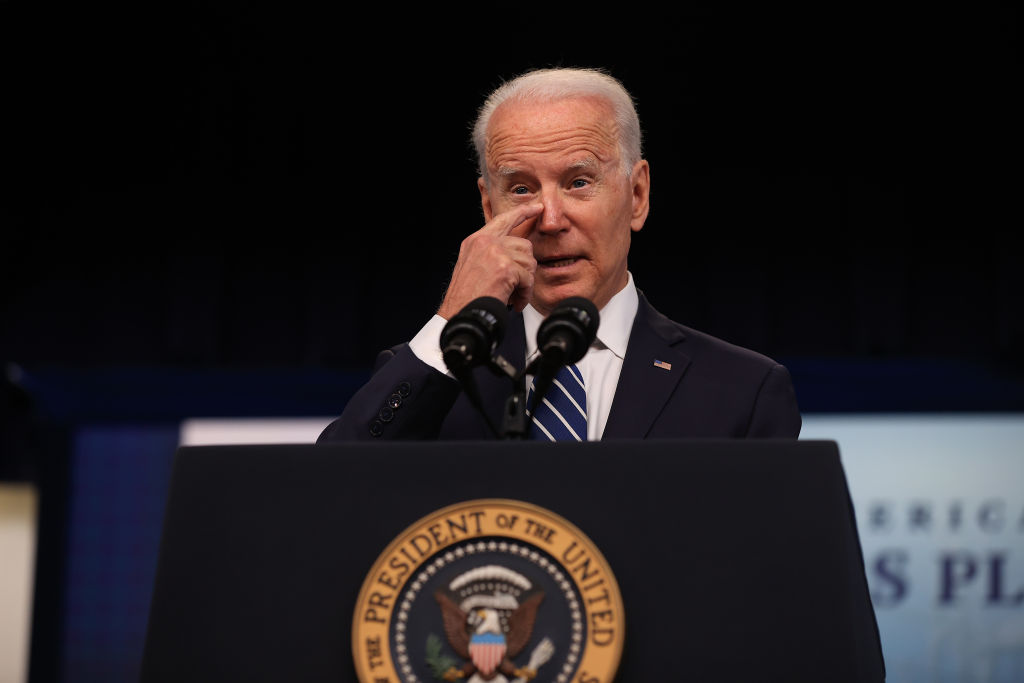States that terminated pandemic unemployment benefits early can restart programs, but there may be a break in payments for some laid off Americans, the Biden administration said Monday.
The guidance comes as more unemployed resident states file applications to reinstate benefits. Unemployed workers in Ohio and Oklahoma this month joined those in Indiana, Maryland and Texas in going to state courts to force their governors to resume payments.
Citing labor shortages, some 26 states are early terminating at least one of the three pandemic unemployment insurance programs that Congress enacted in March 2020 and was extended twice. Most of these states have already stopped sending benefits to their residents.
In addition to the $300 weekly supplement, federal programs provide benefits to the self-employed, the self-employed, independent contractors, and certain people affected by the coronavirus and who have exhausted their regular state benefits.
All three pandemic unemployment programs are set to expire in early September in states that continue to deliver them.
Looking for a new deal
If the completion date has passed, states may need to sign a new agreement with the Department of Labor, according to the guide.
Two of the programs, the $300 weekly boost and payments to those who have exhausted their regular state benefits, will not start again until the agreement is signed.
However, they must be able to certify the weeks they missed so they can receive those payments, the agency said.
If the termination date has not passed, the state can simply inform the U.S. Department of Labor that it is rescinating or modifying the notice you submitted.
After mostly Republican-led states began announcing the terminations, in May, consumer advocates and Senator Bernie Sanders of Vermont urged the Biden administration to stop governors from ending payments. .
But the administration said there was nothing it could do to prevent states from halting the programs.
Going back to court for unemployment benefits
Unemployed residents in at least five states have filed lawsuits, arguing that benefits were improperly stopped.
Judges in Maryland and Indiana have ordered officials to temporarily reinstate payments while cases unfold in court, but only Maryland has done so. A state judge is expected to issue a ruling Tuesday.
The Indiana Department of Workforce Development has said it is “determining how to proceed because federal programs no longer exist after their termination on June 19.”
In both states, the unemployed argue that state law requires officials to obtain all federal unemployment compensation available to residents.
Lawsuits in other states
Meanwhile, unemployed workers in Ohio filed a lawsuit – earlier this month – arguing that their state officials should do the same. The state canceled only the $ 300 weekly benefit at the end of June. The plaintiffs ask the judge to order the resumption of the supplement.
In Oklahoma, a lawsuit filed on behalf of an unemployed resident argues that Republican Governor Kevin Stitt did not have the authority to terminate the programs. Also, state law requires officials to guarantee federal benefits for unemployed workers.
The unemployed in Texas have also filed a lawsuit against Republican Gov. Greg Abbott for ending benefits on June 26, arguing that he does not have the authority to do so.

